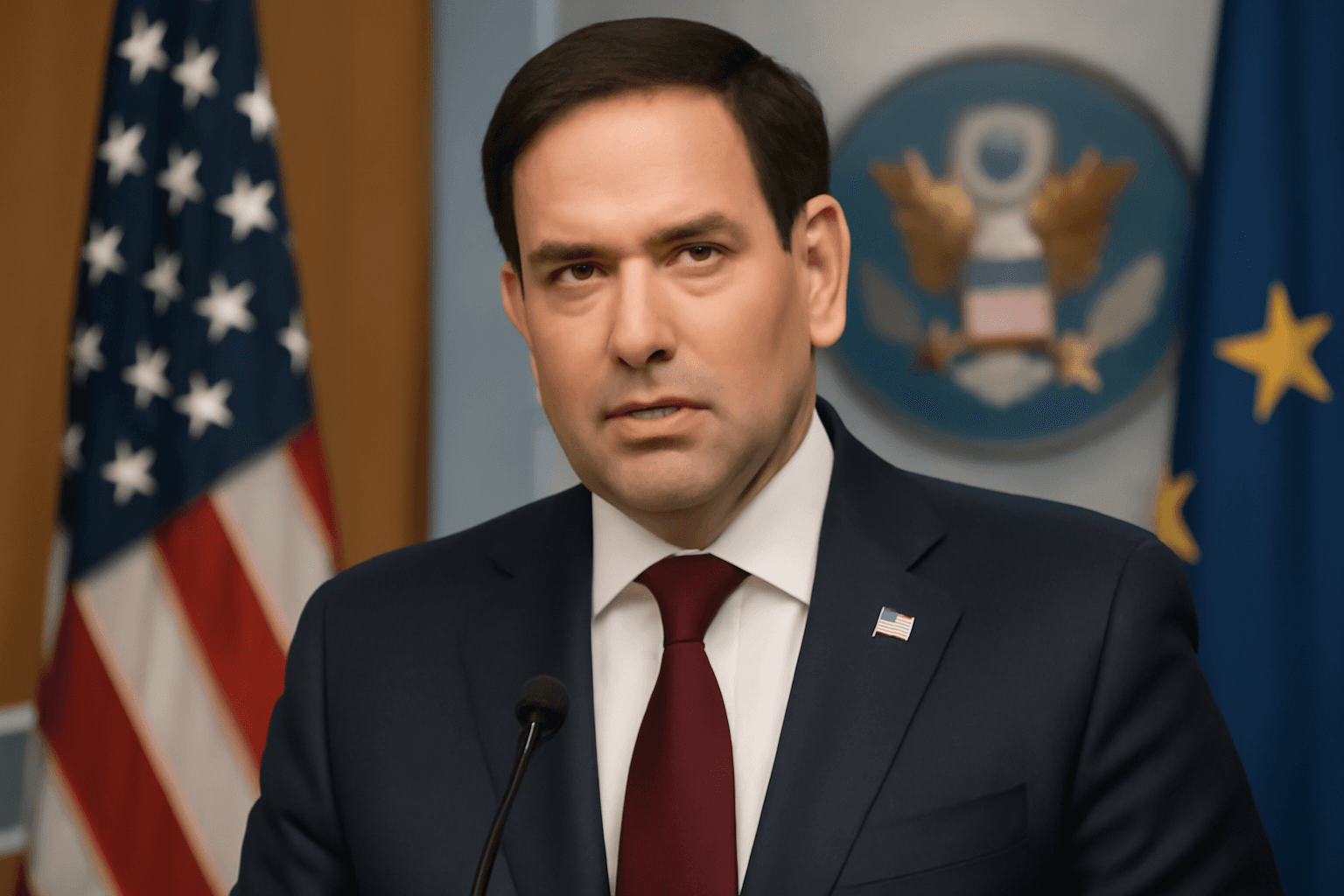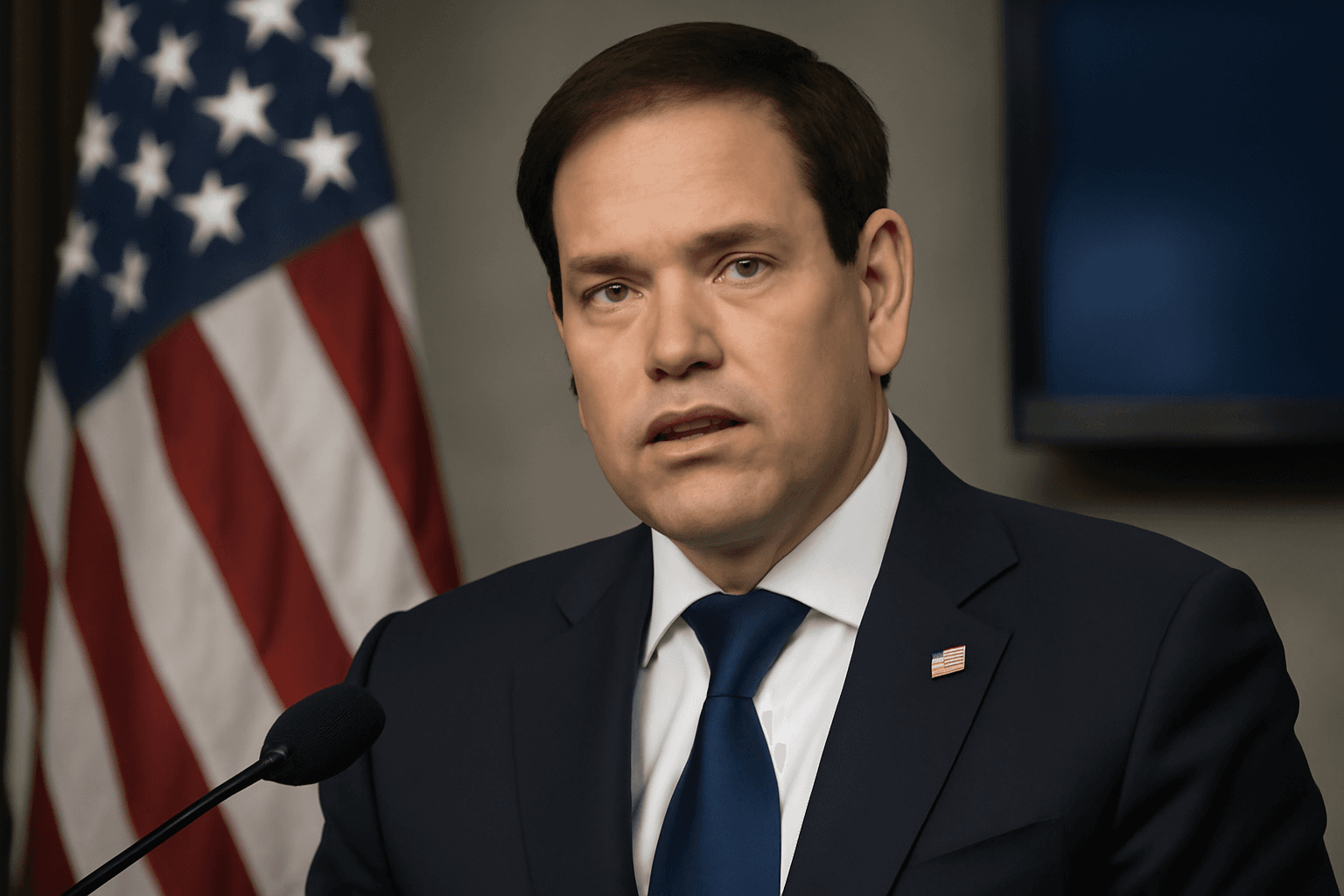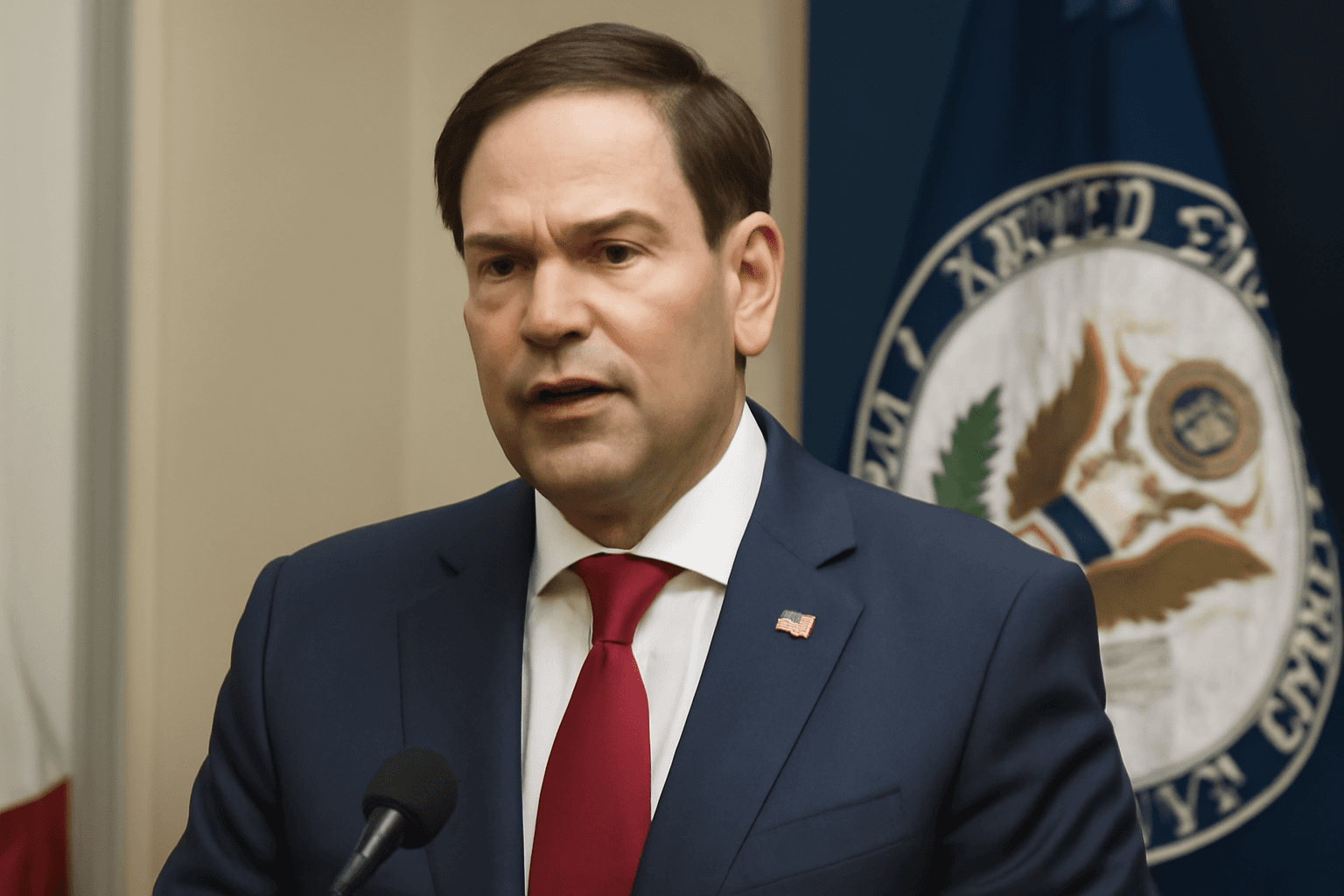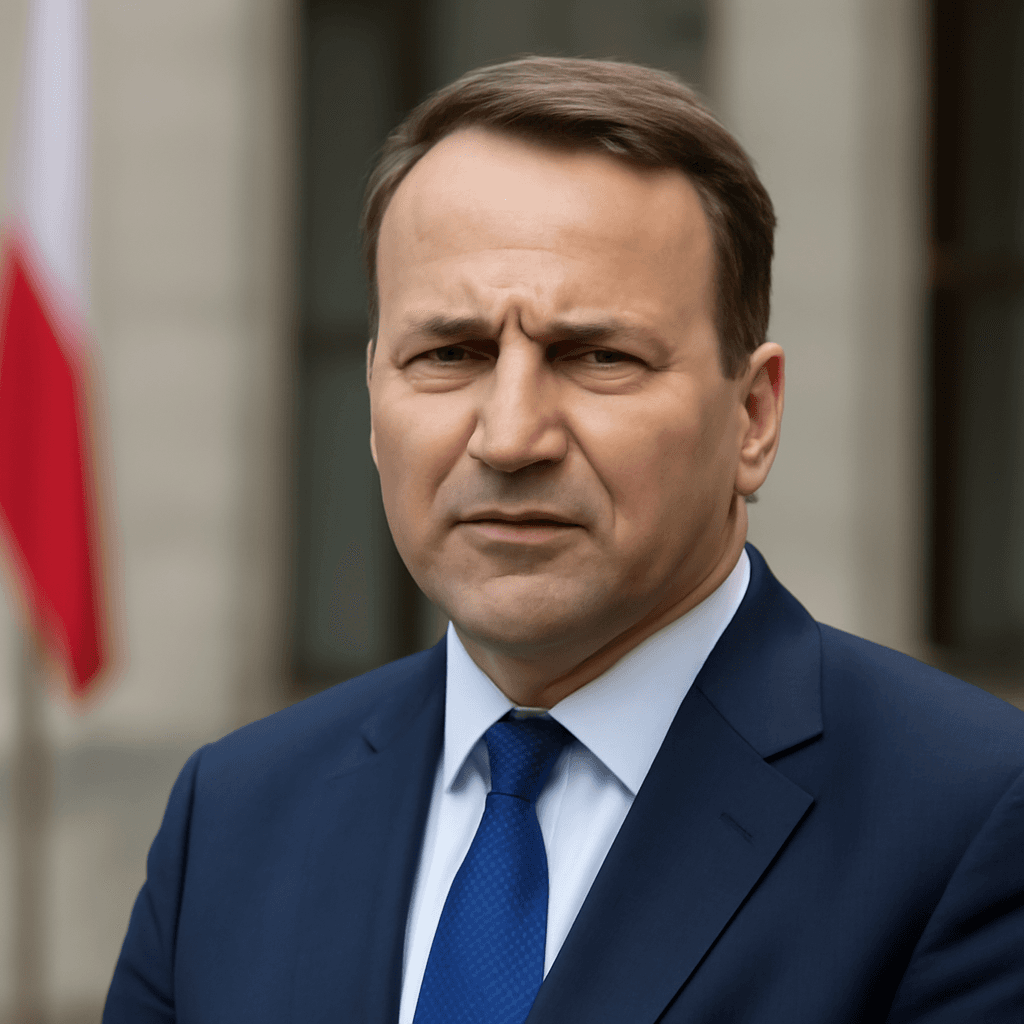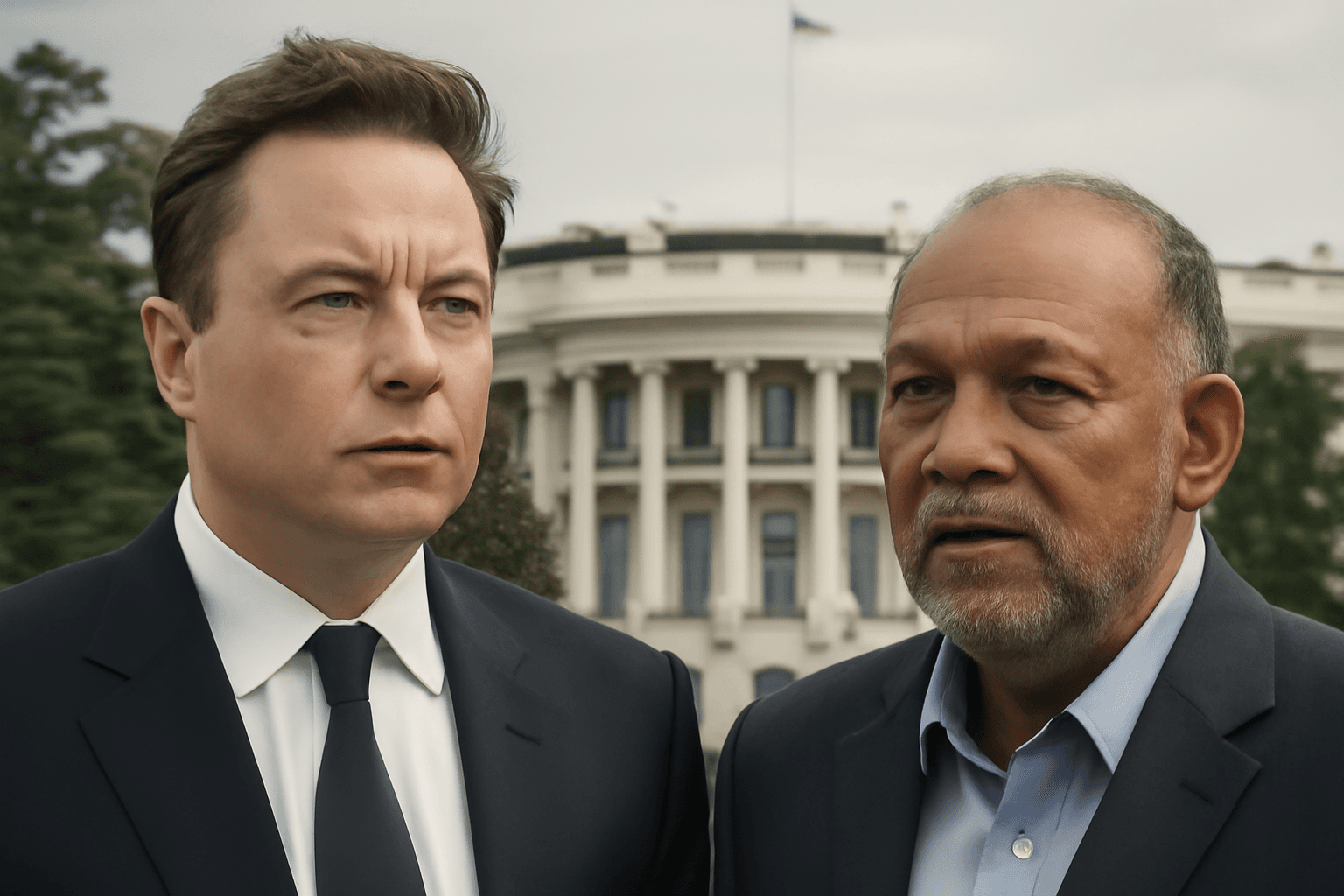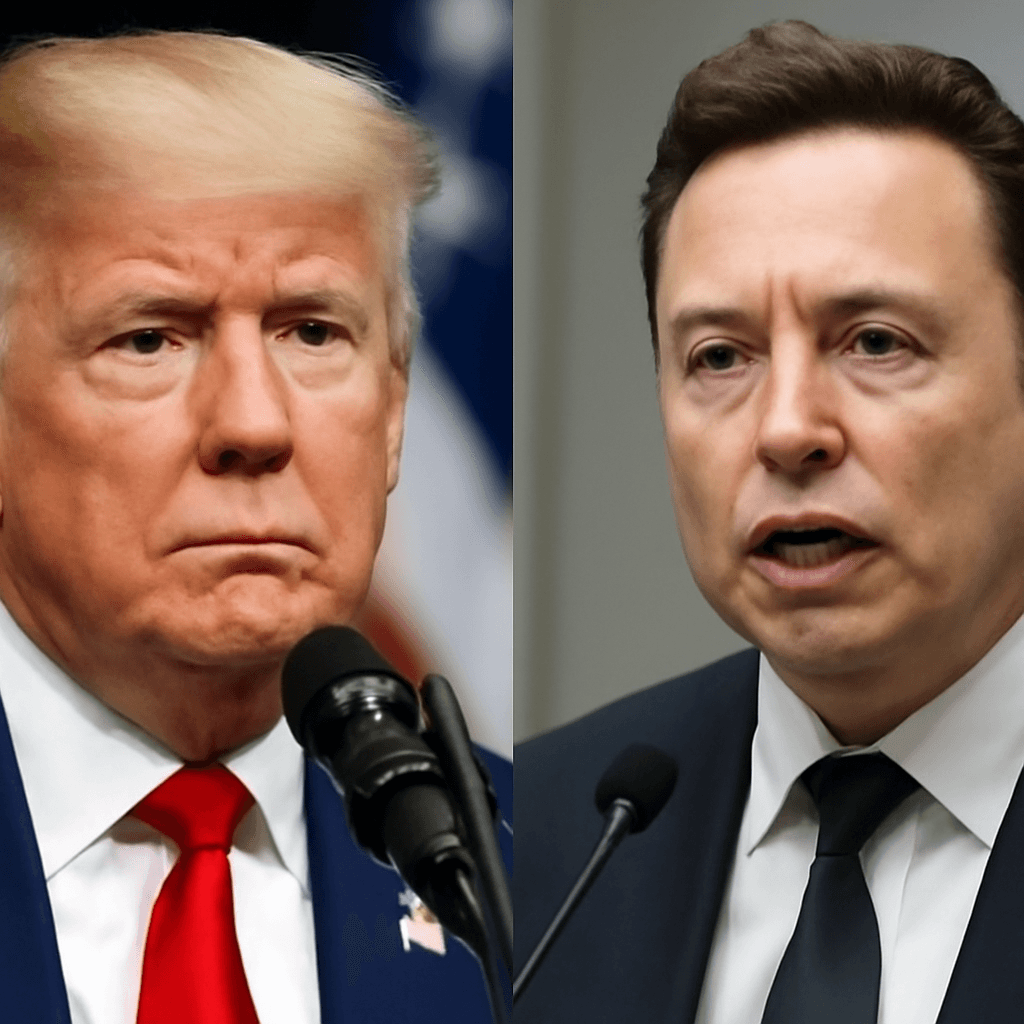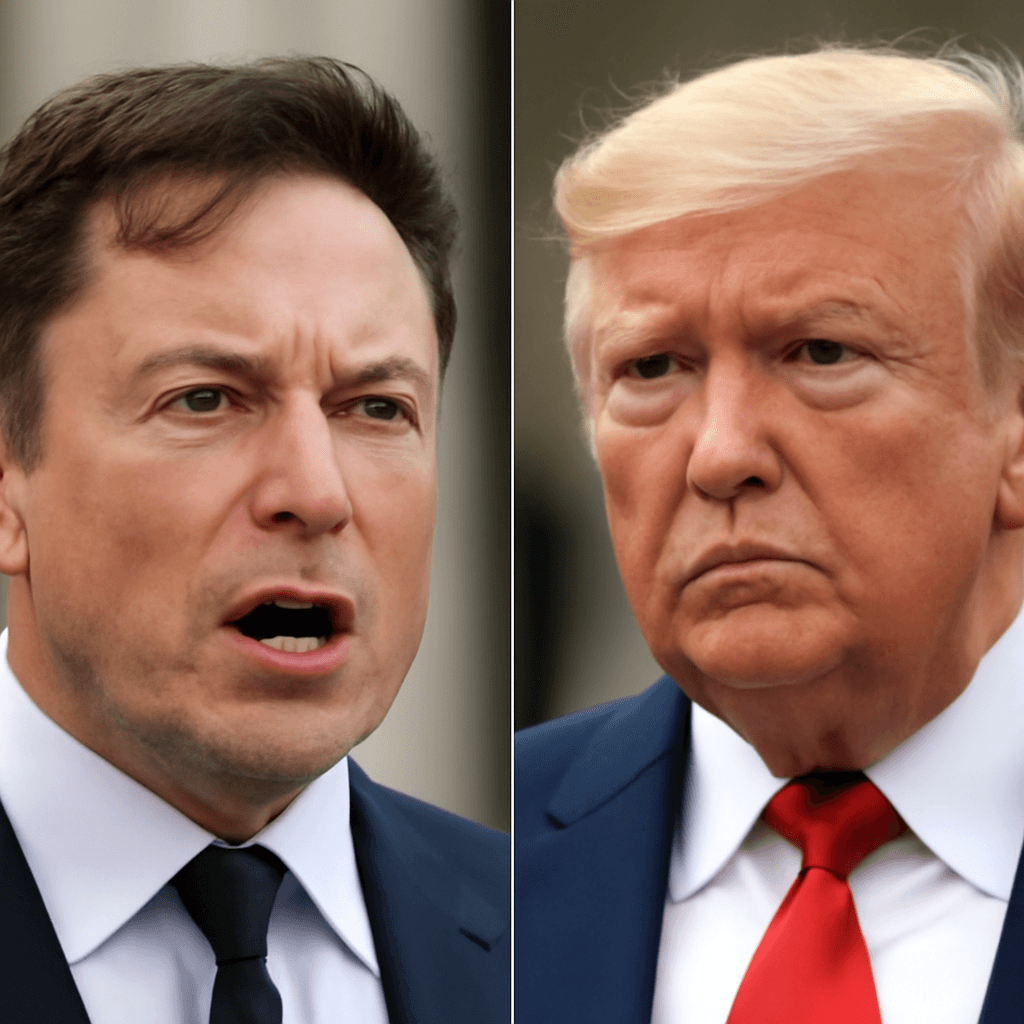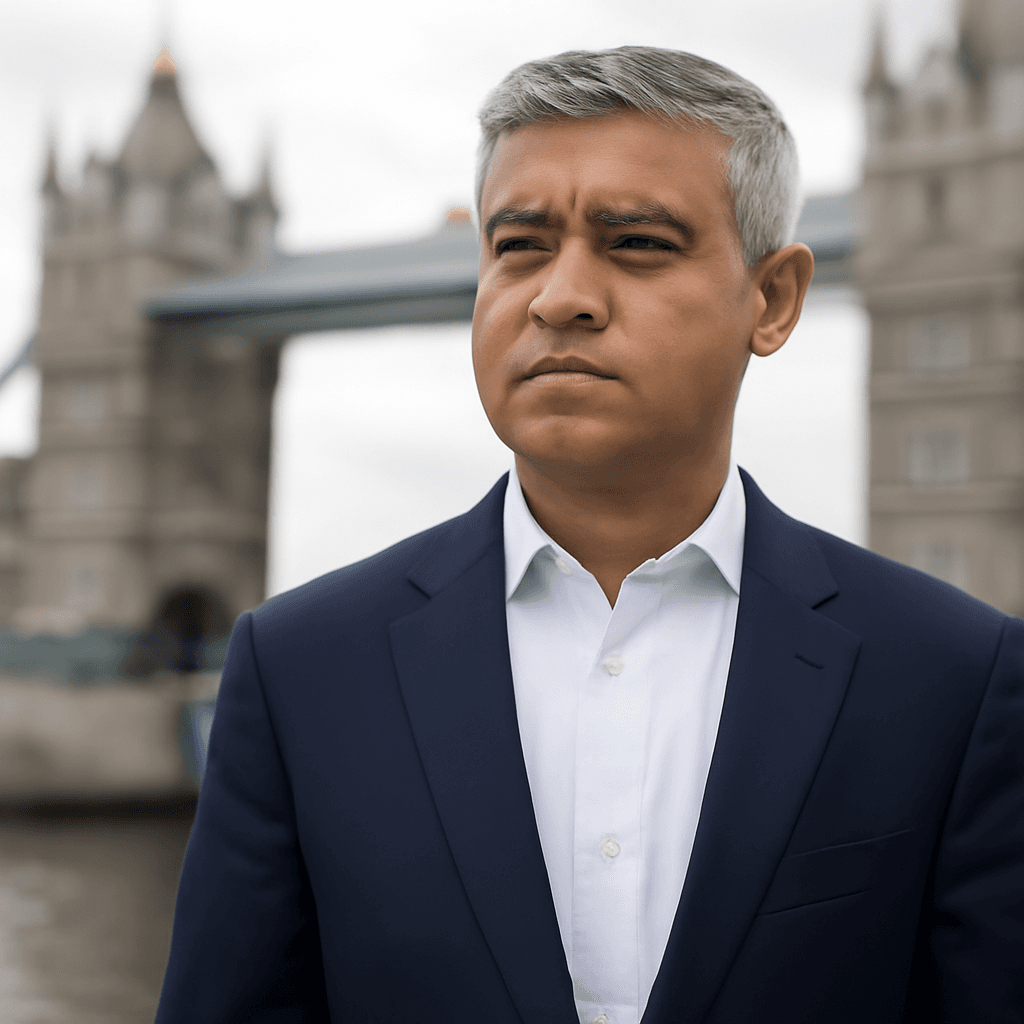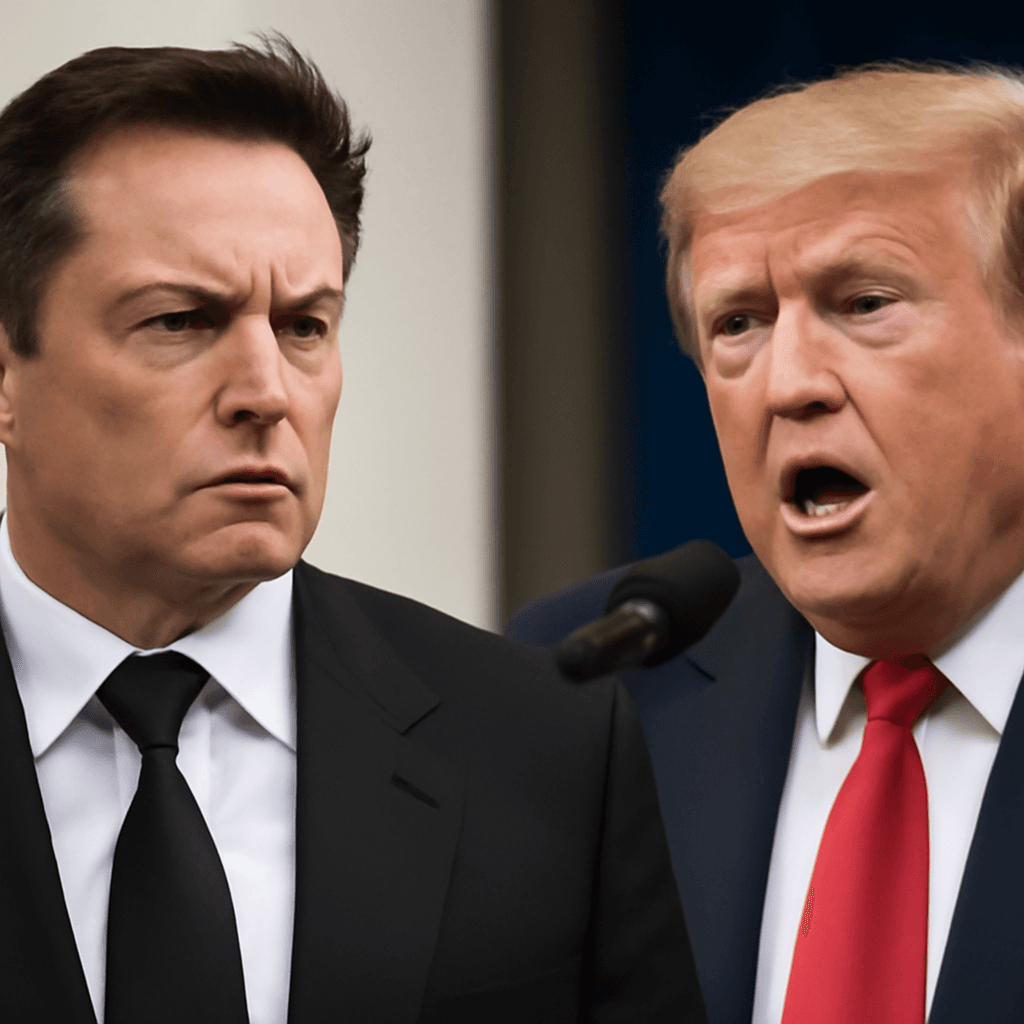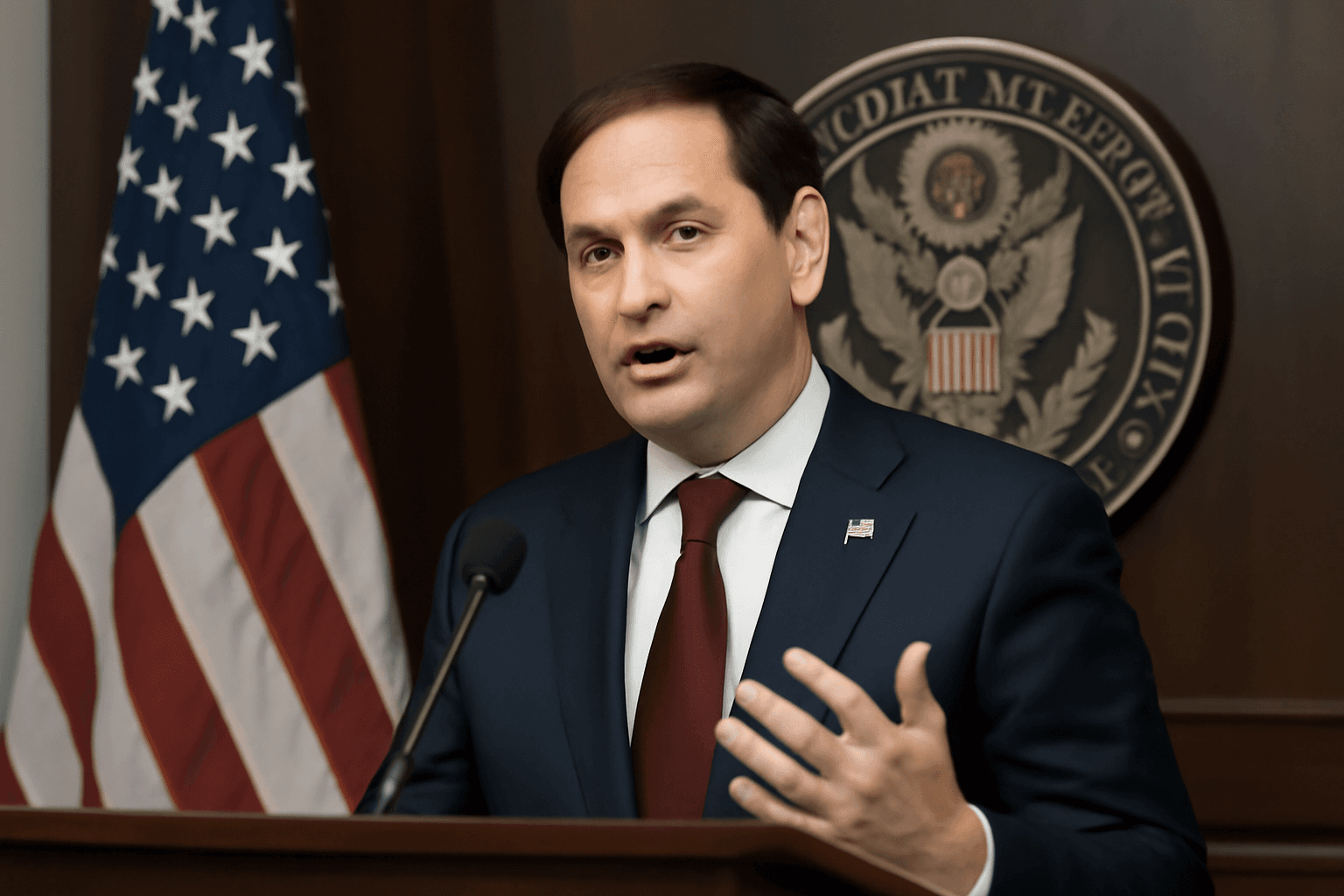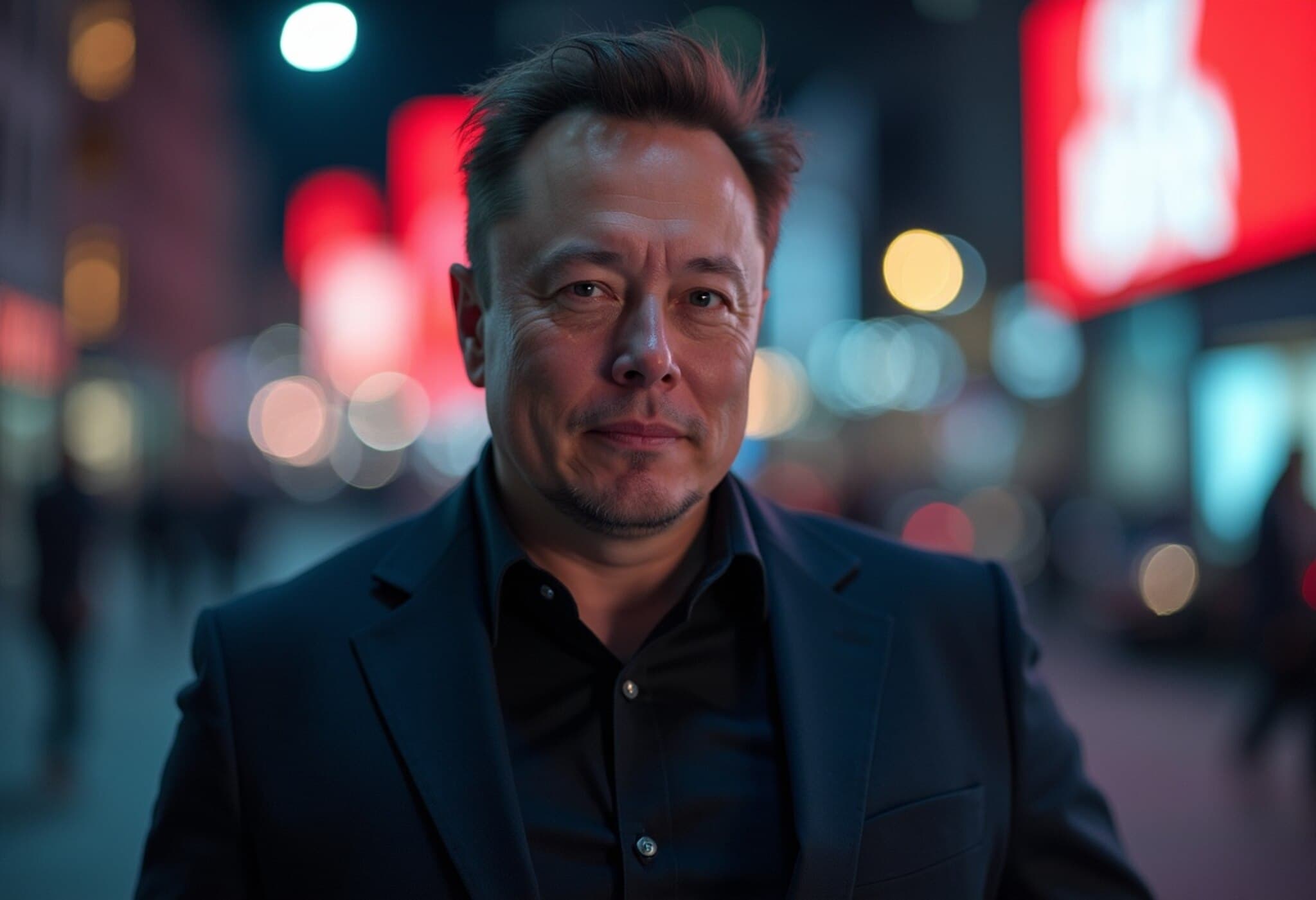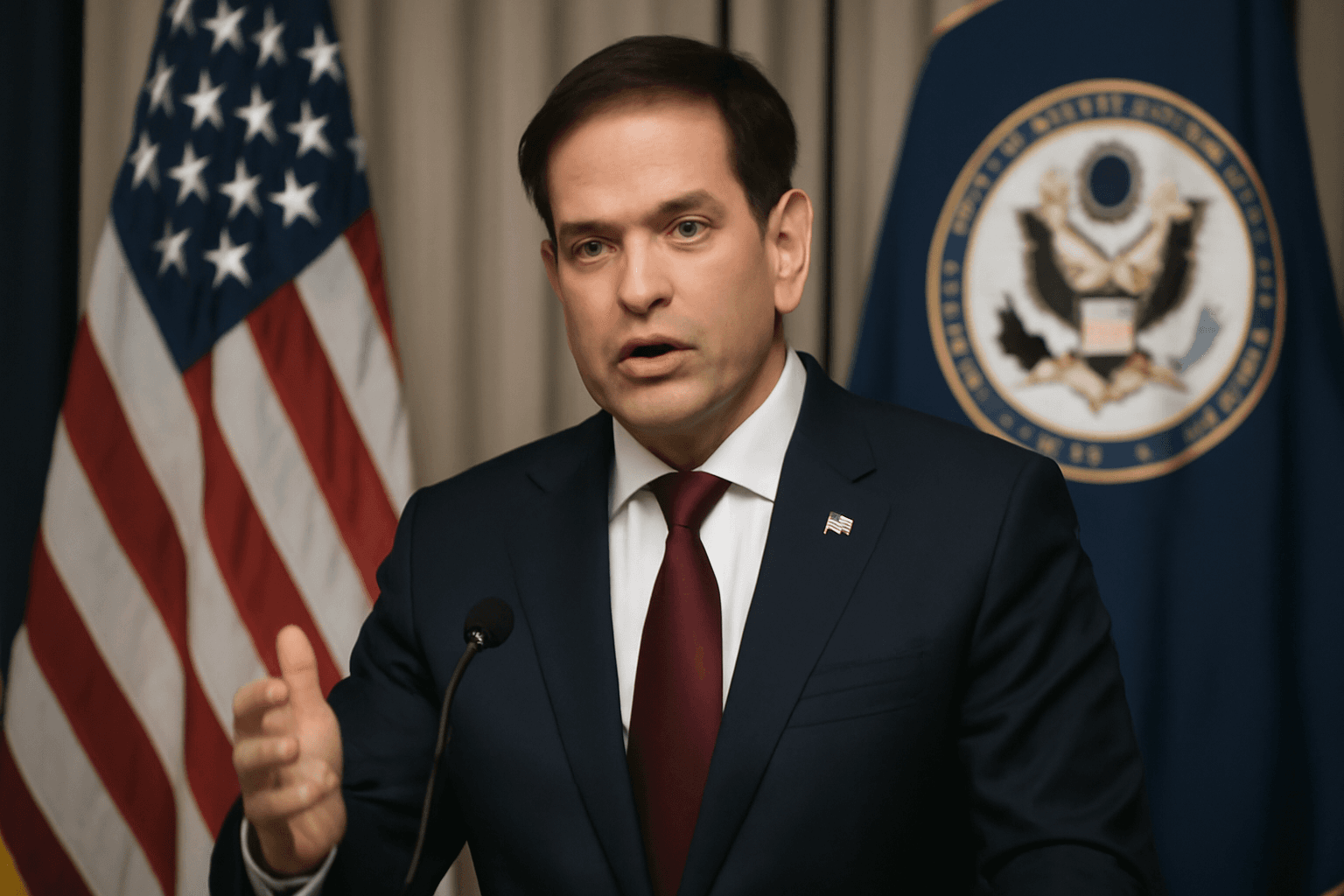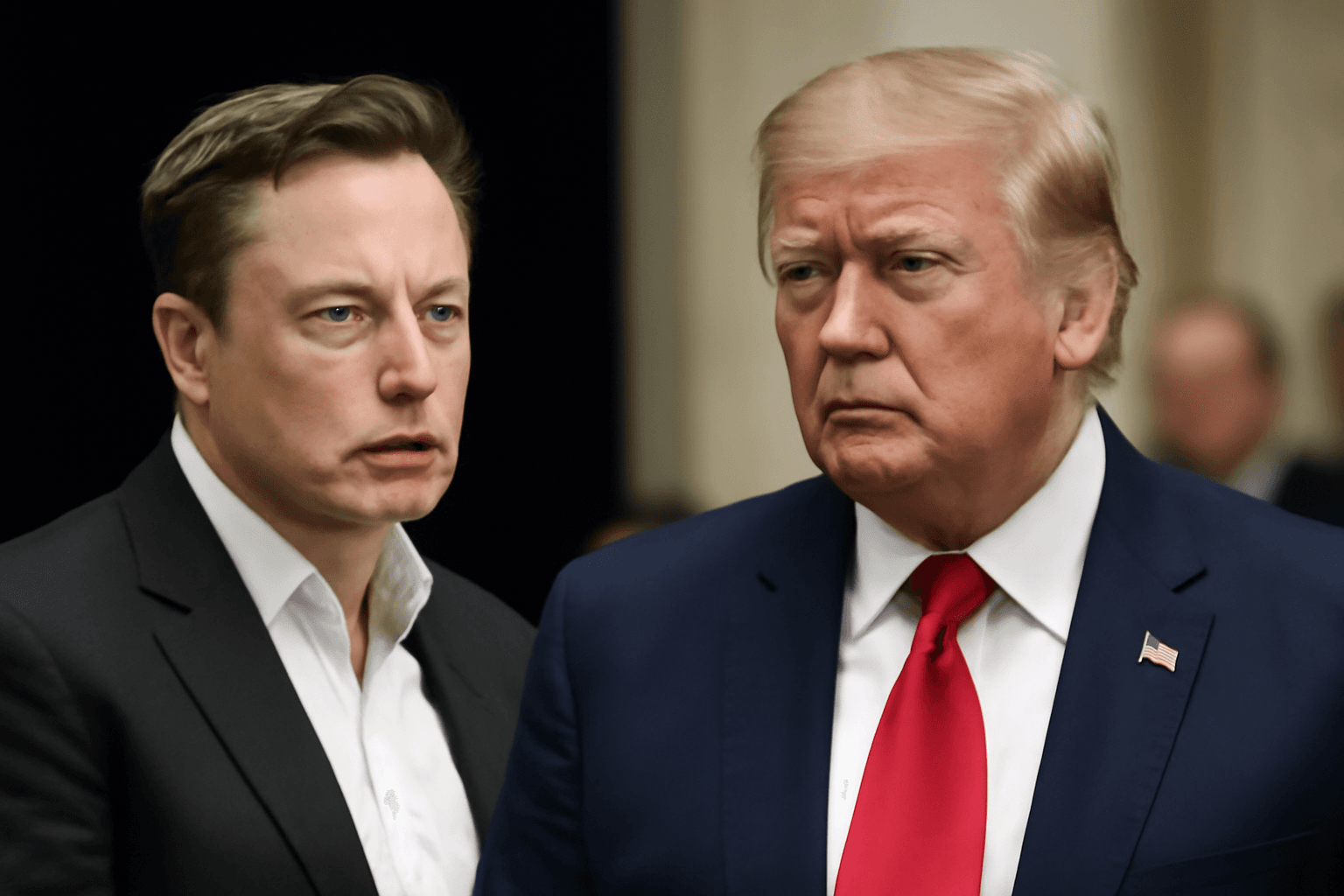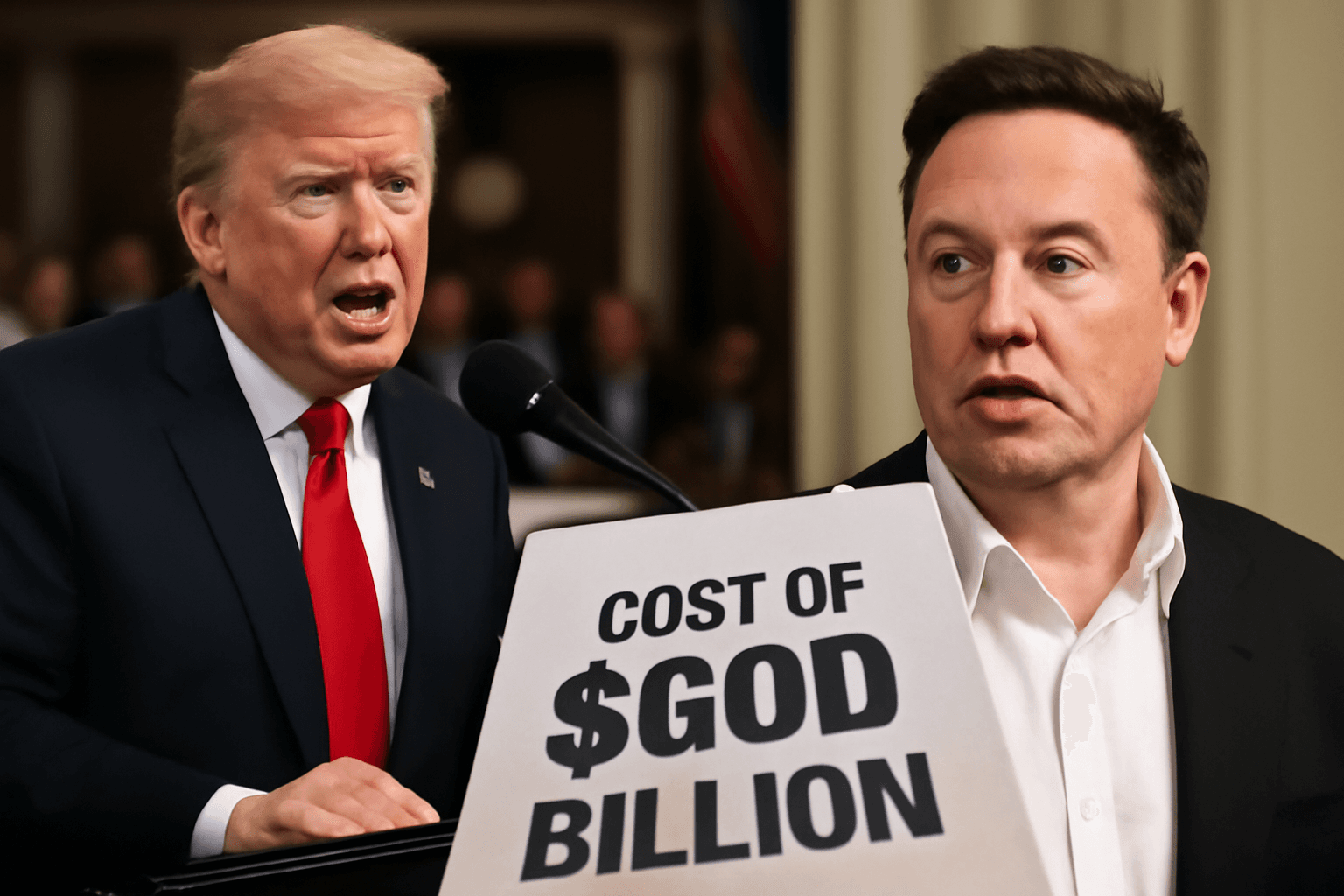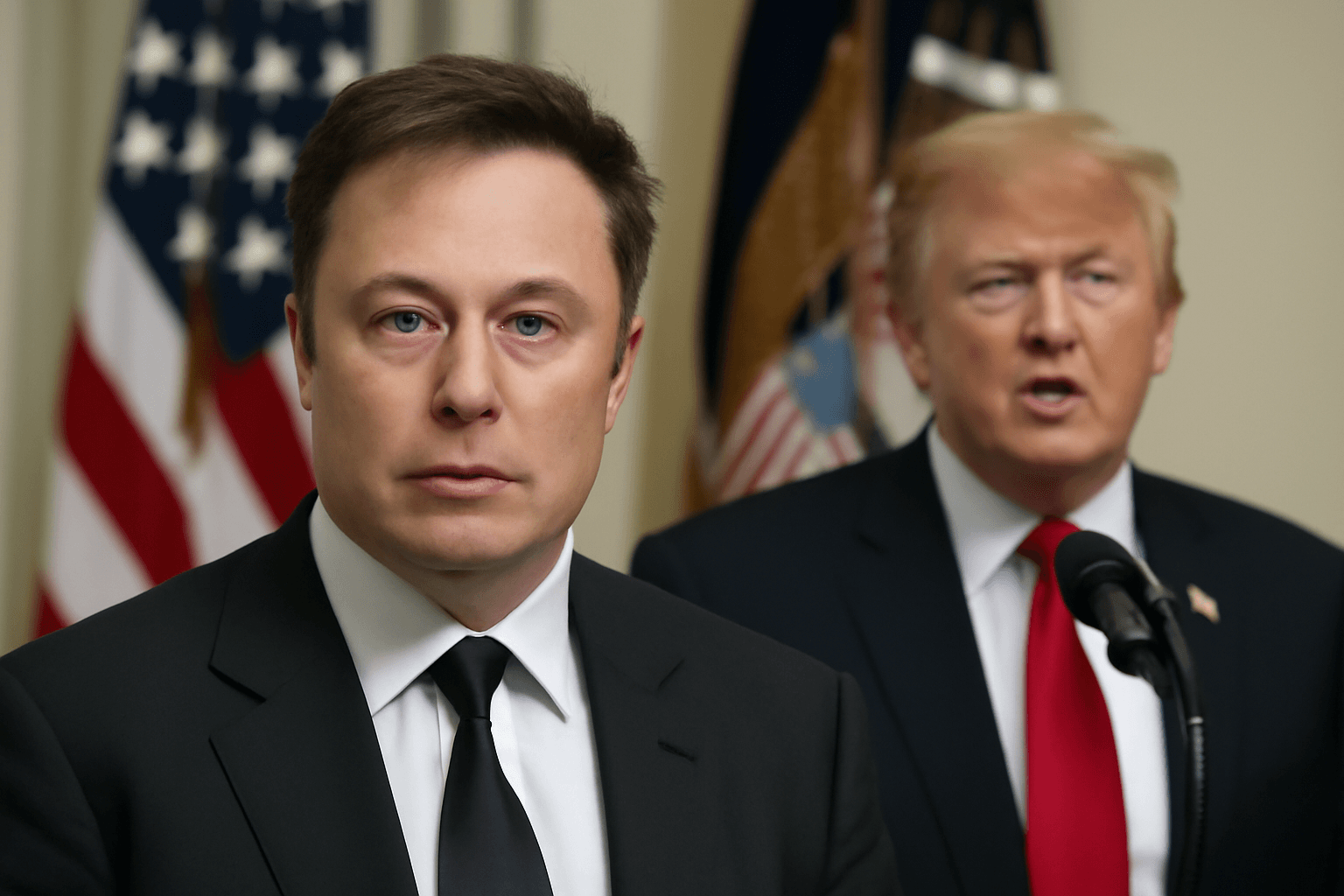US Secretary of State Marco Rubio announced that the United States will impose visa restrictions on foreign nationals who are deemed to be engaging in the censorship of American users on social media platforms. This initiative is part of the Trump administration's broader efforts to safeguard free expression online.
Although Rubio did not specify exact individuals or organizations targeted, he criticized foreign officials for demanding that American tech companies enforce global content moderation policies that extend beyond their jurisdiction. "It is unacceptable for foreign officials to compel US platforms to censor content that affects American citizens," Rubio stated.
This stance arises amid increasing tensions over content regulation between the US and its European allies. US technology companies have sought government support to challenge regulations such as the European Union’s Digital Services Act (DSA), which has been criticized for fostering excessive censorship on social media.
Social media giants like Meta have publicly expressed concerns that the EU's DSA restricts freedom of expression. Earlier this year, the chairman of the US Federal Communications Commission, appointed during the Trump administration, warned that the DSA imposes stringent limitations detrimental to open dialogue.
In response to controversies surrounding content moderation, Meta recently decided to discontinue its US-based fact-checking program, favoring community-driven notes on disputed posts. However, it continues fact-checking operations in regions including Europe and Latin America.
Additionally, the European Union has launched preliminary investigations against X, formerly known as Twitter and owned by Elon Musk, alleging violations of the bloc’s content regulation standards. Meanwhile, the EU maintains that its legislation is designed to create a safer and fairer online environment by combating illegal activities such as hate speech and child exploitation material.
A spokesperson for the European Commission acknowledged awareness of Rubio’s visa restriction proposal, describing it as a general measure without providing further comment.
This diplomatic development underscores the growing international debate over jurisdictional authority in digital content governance and the balance between national sovereignty and global internet regulation.

